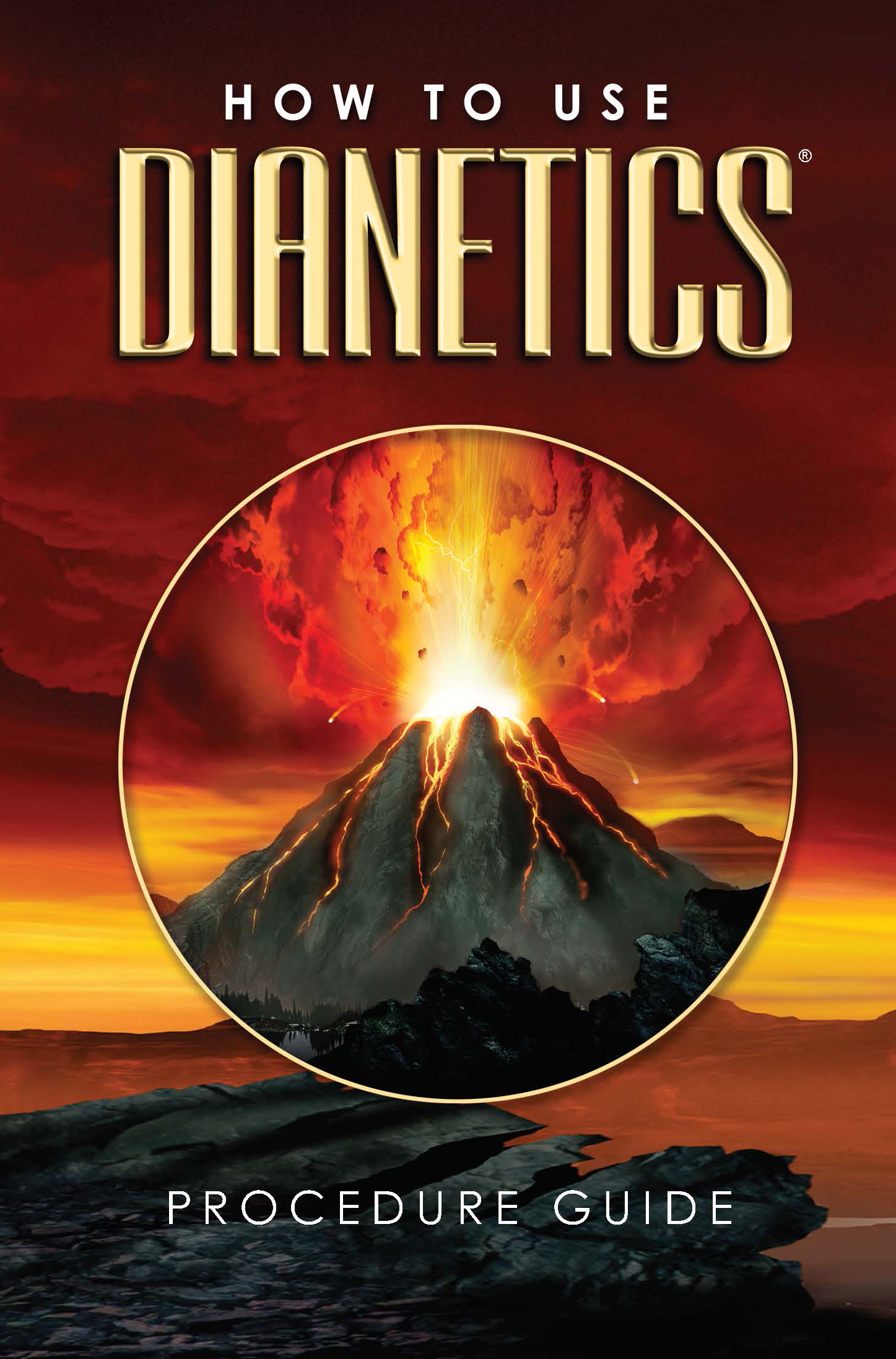Facts About Dianetics Revealed
Top Guidelines Of Dianetics
Table of ContentsSome Known Details About Dianetics Top Guidelines Of DianeticsThe 4-Minute Rule for DianeticsDianetics Fundamentals Explained
I couldn't ever before not desire to receive anything that comes to mind for you- if it was otherwise, I wouldn't be sitting right here with you, doing this. I not just might never have a problem, or not intend to listen to something that enters your mind for you, yet I'm completely excited to understand every concept, every thought, every picture or sensation that emerges or materializes for you- do not ever believe or else, and if for some factor you do, please just allow me recognize! Sometimes, you might have a thought, and picture, idea or event appear that does not appear to address the question, or connect to it, yet nonetheless, always do tell me regarding it, and as we continue, the significance will arise for you.This is inherent in the basis of processing, and the topic of this conversation: the standard duties of the therapist and the client: The fundamental role of the therapist is, as opposed to "standard training", not to regulate, which indicates to implement and/or prevent, but to rather function from the basis of EMPOWERING THE CLIENT.

Facts About Dianetics Uncovered
John Mcmasters shared this basic fact splendidly well in one of his lectures on Power handling, wherein he explains exactly how he was asked what this "special propensity" was that he had for offering such great sessions; he had to think of that for a minute, and detected that it was what he wasn't doing, as well as what he was doing: he wasn't assessing, judging, computing, or actually, generating any kind of ideas, not to mention verbal expressions, after giving the command and while waiting on the computer to finish their response to their complete satisfaction; he was, just and just, existing with the computer, and completely interested.
The duty of the counselor, demonstrated; that was his "unique knack". I have actually had my very own experience which instructed me this well, extremely early in the video game. In 1982, having actually recently completed my training and teaching fellowship on New Age Dianetics, I was running this on a PC, and there was a point in the session where (being a bit wet behind the ears not yet having several hours under my belt as a professional auditor) the computer seemed to be "taking too long" to share anything vocally after I provided him a command.
This trick became one of the most important contribution that John ever before made to the topic of treatment or auditing (Dianetics). In my simple point of view, it is the best contribution that anybody has actually ever before made to these subjectsthe application is entirely non-judgemental, non-evaluative, and without any kind of recommendation, recommendations or opinion.no preconditioned schedule for individuals, or 'degrees' that they must do
In Scientology we prided ourselves on not evaluating for individuals. All that really indicated was that the auditor did not Vocally examine for the Computer in session.
A Biased View of Dianetics

Anyone that had actually ever before seen John audit might not aid yet see an unique quality in his auditing."The client's basic duty is to be there with the function of relocating the instructions of their spiritual goals, and to openly and totally express and experience whatever shows up for them in answering the concerns and carrying out the instructions in the processing.
This is something to procedure as needed. Likewise, people frequently have prior experience and/or indoctrination in auditing/processing which, in some ways, and to some levels, really deceives them right into attitudes, ideas and actions patterns that prevent the complete understanding of these roles, and so they will have a tendency to hinder the expressing of what comes to mind, as in the instances given above - Dianetics. * moved here The very first, and probably primary instances of mis-indoctrination leading to much less than entirely smooth and effective sessions, can be found in specific aspects of the training routines, or "TR's":"TR's" are often a person's visit this site right here very first, or at the very least early, experience in Scientology, and while I will take place to clarify what I see as the flaws in idea and technique, nevertheless, often tend to be considerably healing, done as they are given (Hubbard urges that "TR's are not refining, they are educating", however factually, they are both handling AND training)
Alan Walter made comparable observations, and improved these with his "Existence Processes". There is no "failing", and no denial of the fact of this being handling. The focus, as it should be, gets on experiencing the various other person's visibility. All the manifestations which obtain a "fail" in doing "TR-0" are merely the being's initiatives to resist the other person's visibility, and instead of being pestered and badgered with "Flunk", which imposes "failing!" on the being, see this site one just requires to be motivated to "stick their feet in the water a little deeper", to increasingly rehabilitate their capacity and desire to fully share and experience "being below", or "presence", with others.
Dianetics Things To Know Before You Buy
